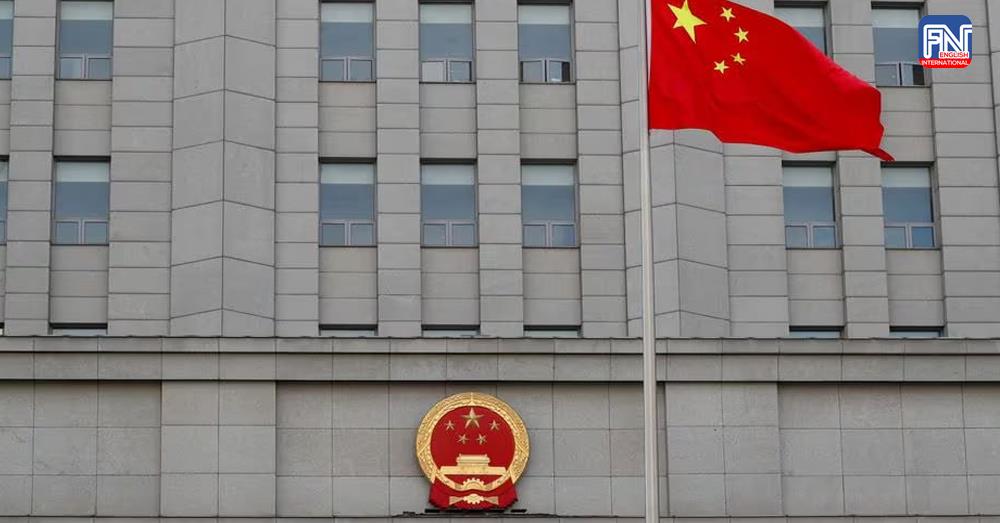SYDNEY, Mar. 11 (Reuters) – China's ambassador to Australia said on Monday that the suspended death sentence given last month to imprisoned Australian writer Yang Hengjun may not be carried out if the former pro-democracy blogger commits no further crimes.
The suspended sentence from a Beijing court on espionage charges does not entail immediate execution for Yang, Ambassador Xiao Qian said at the Australian Financial Review Business Summit on Monday.
If Yang complies with the terms of his imprisonment and committed no further crimes "theoretically there is a chance he will not be executed," Xiao said.
His comments mark the first time a Chinese official has noted that Yang might not be executed.
Xiao also downplayed worries over Yang's health on Monday and said that although it was "not perfect," it was not as grave as described by his family.
A pro-democracy blogger and spy novelist, Yang is an Australian citizen born in China who was working in New York before his arrest at the Guangzhou airport in 2019.
A Beijing court last month handed him a suspended death sentence on espionage charges, shocking his family and supporters, after five years in detention in Beijing and three years after his closed-door trial.
Yang opted not to appeal the decision, his family said, so as not to delay urgently needed medical care for a serious kidney condition. Yang remains in prison.
Details of the case have not been officially released.
Yang has said he never worked as a spy for a foreign country, and in letters to his family from jail has denied any wrongdoing.
Yang worked for China's Ministry of State Security for a decade starting in 1989, including in Hong Kong and Washington, before quitting and moving to Australia.
A suspended death sentence in China gives the accused a two-year reprieve from being executed, after which the sentence is automatically converted to life imprisonment.
Yang's family has said he is a political prisoner and "the absurdity of the 30-year-old espionage accusations that have been dredged up against him speaks to the prosecution's failure to extract any kind of confession".
